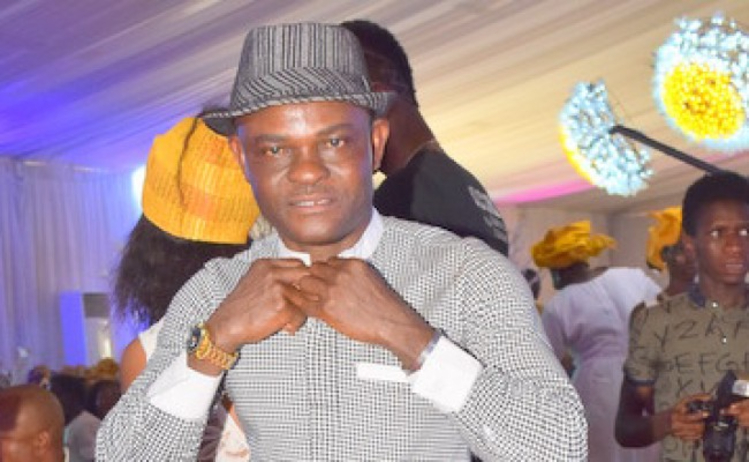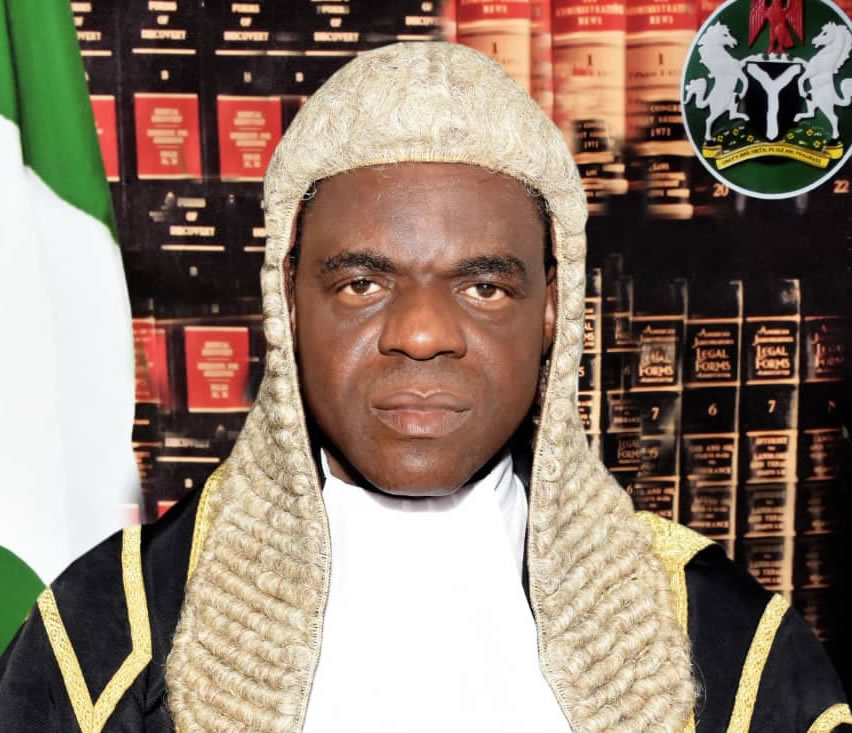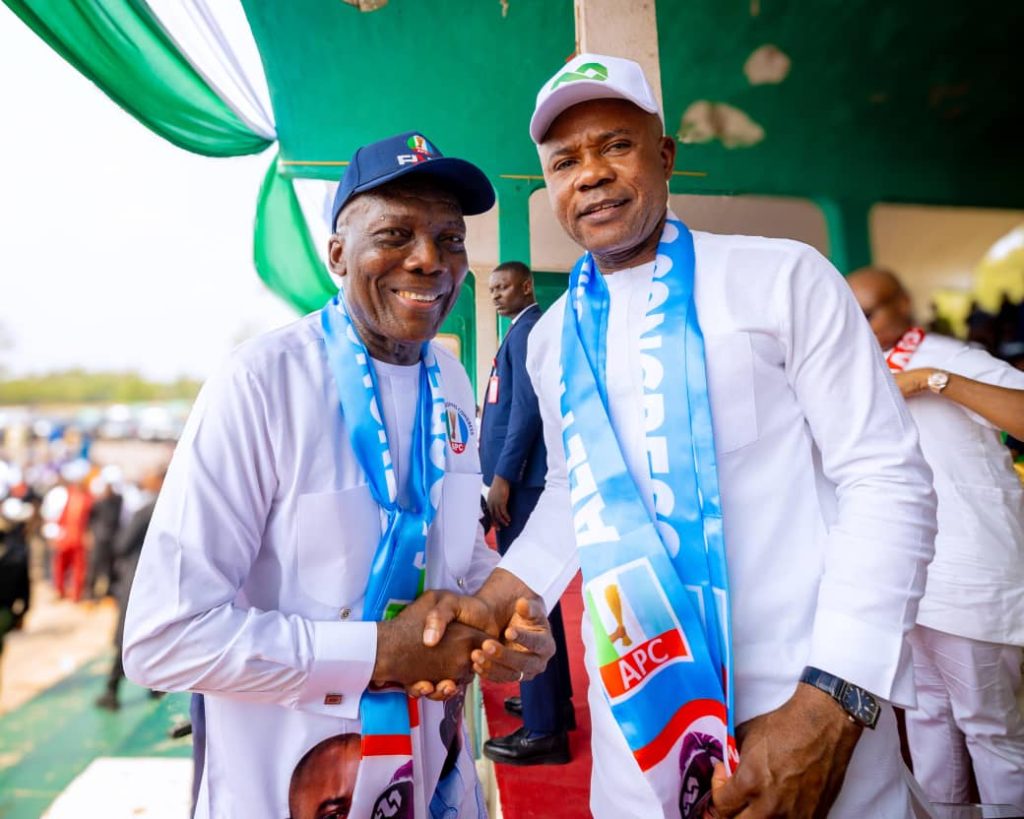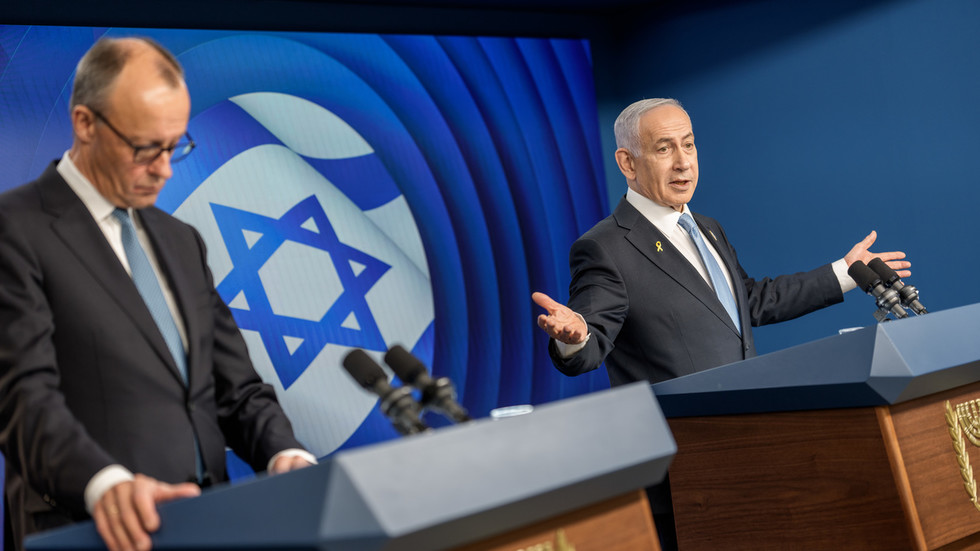The African Democratic Congress (ADC) in Nigeria’s Kaduna State has outlined ambitious plans to expand its support base and challenge the ruling All Progressives Congress (APC) in the 2027 general elections. During a strategic meeting in Kaduna on Thursday, party leaders emphasized their readiness to position the ADC as a viable alternative, citing growing public dissatisfaction with the APC’s governance.
Kaduna State ADC Chairman Elder Patric Ambut highlighted a surge in residents gravitating toward the party, which he attributed to its focus on inclusive policies and structural cohesion. “Our doors are open to individuals and groups aligned with our vision,” Ambut stated, underscoring the party’s intent to collaborate with coalition partners. He asserted that groundwork is underway to facilitate a political shift, both in Kaduna and nationally, by 2027. “People are disenchanted with the APC’s leadership approach. The ADC offers a path to responsive governance and unity,” he added, urging current members to revalidate their registrations at local wards to solidify the party’s grassroots presence.
Former ADC Chairman Hon. Philemon Kure reinforced this optimism, describing the party as a “breath of fresh air” committed to prioritizing citizen welfare, economic development, and national cohesion. “The ADC stands for policies that uplift every Nigerian, regardless of ethnicity or region,” Kure told reporters. He framed the party’s ethos as a direct response to demands for accountability and equitable growth.
The ADC’s confidence aligns with broader political dynamics in Nigeria, where opposition groups are increasingly vocal ahead of the next election cycle. Kaduna, a strategic northern state, has historically been a political battleground, amplifying the significance of the ADC’s efforts. While the APC retains control at state and federal levels, critics have raised concerns over economic hardships and security challenges under its administration—a narrative the ADC seeks to leverage.
Analysts note that the ADC’s success will depend on its ability to unify fragmented opposition forces and present a coherent platform. For now, the party’s leadership projects determination, framing 2027 as a pivotal moment to reshape Nigeria’s political landscape through what it calls “people-driven governance.” As the election cycle approaches, their capacity to translate rhetoric into tangible support remains a key test.



